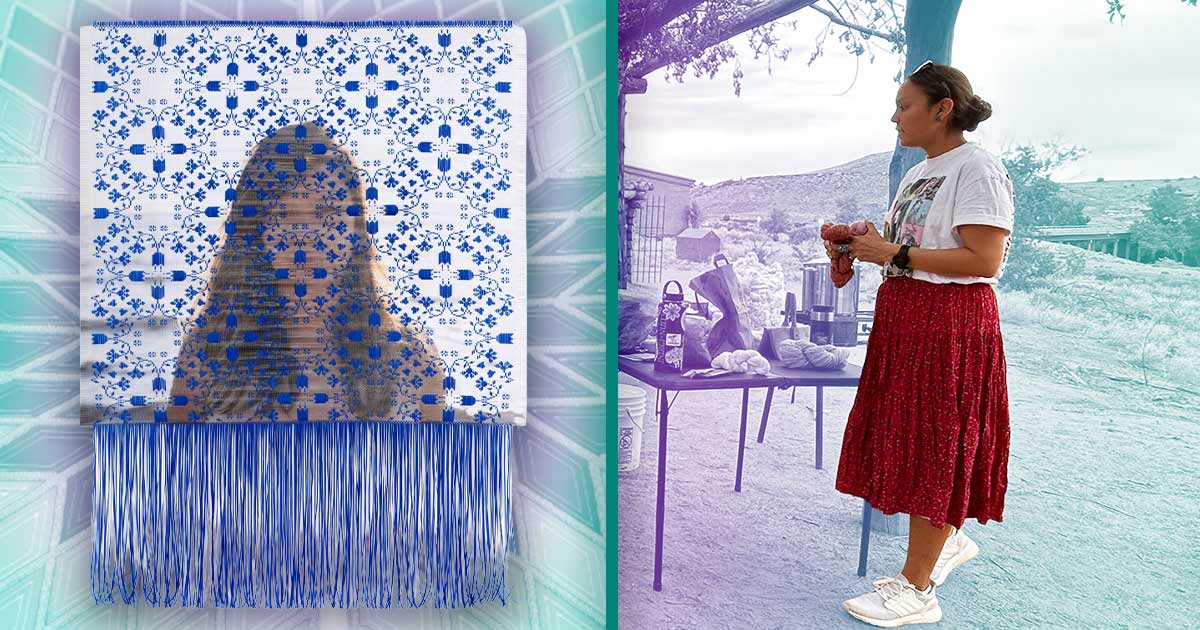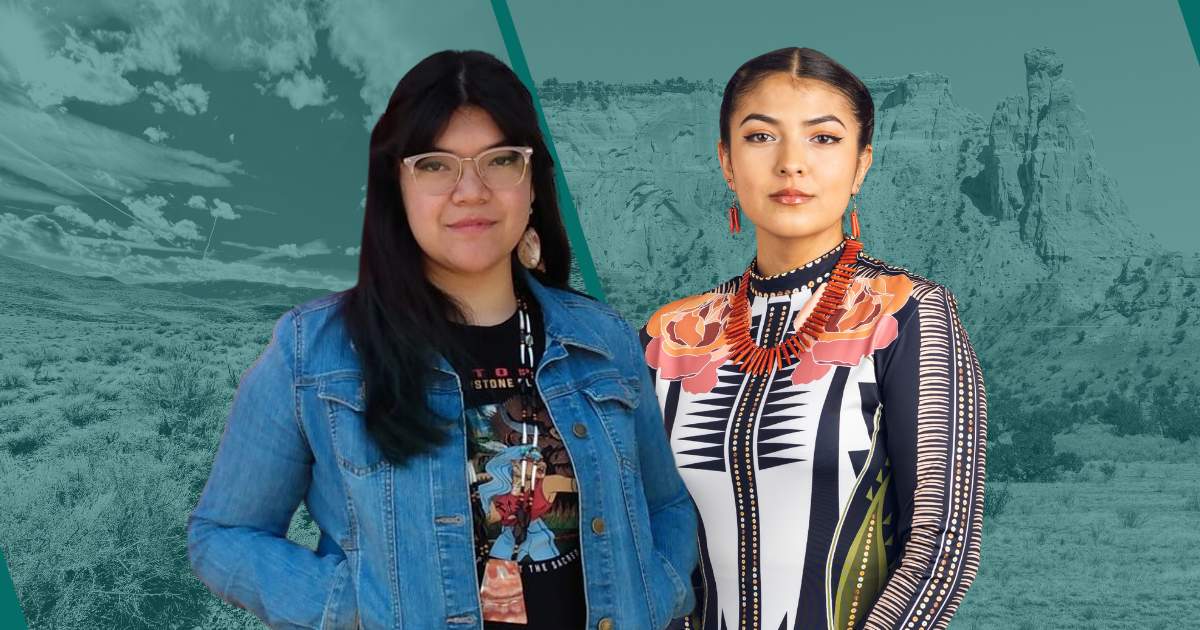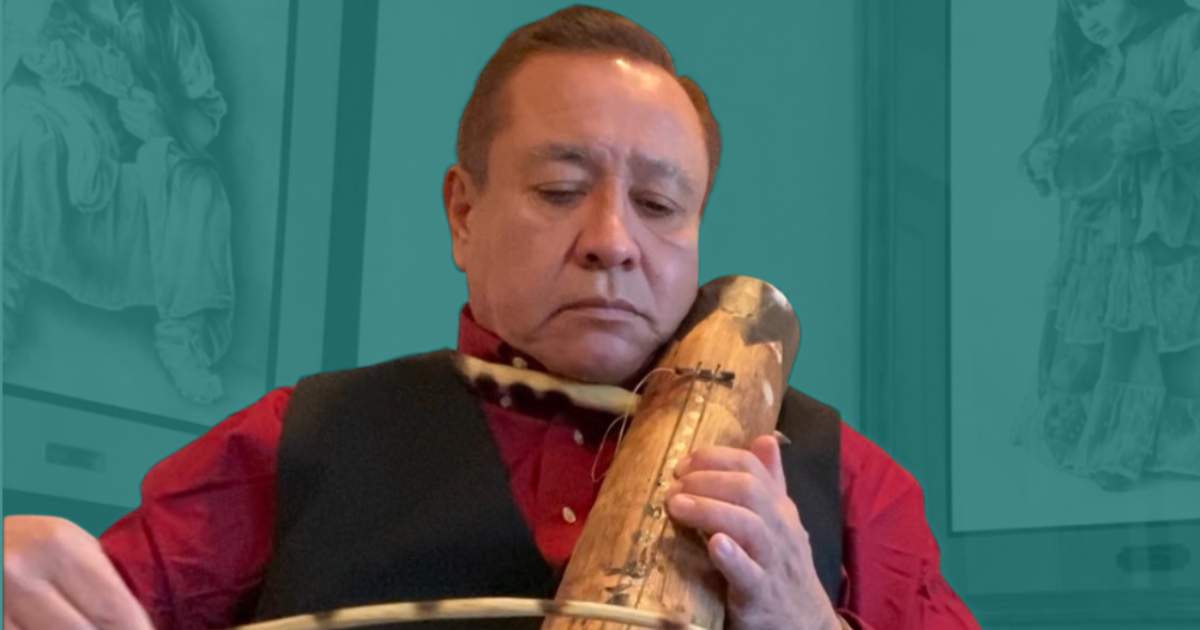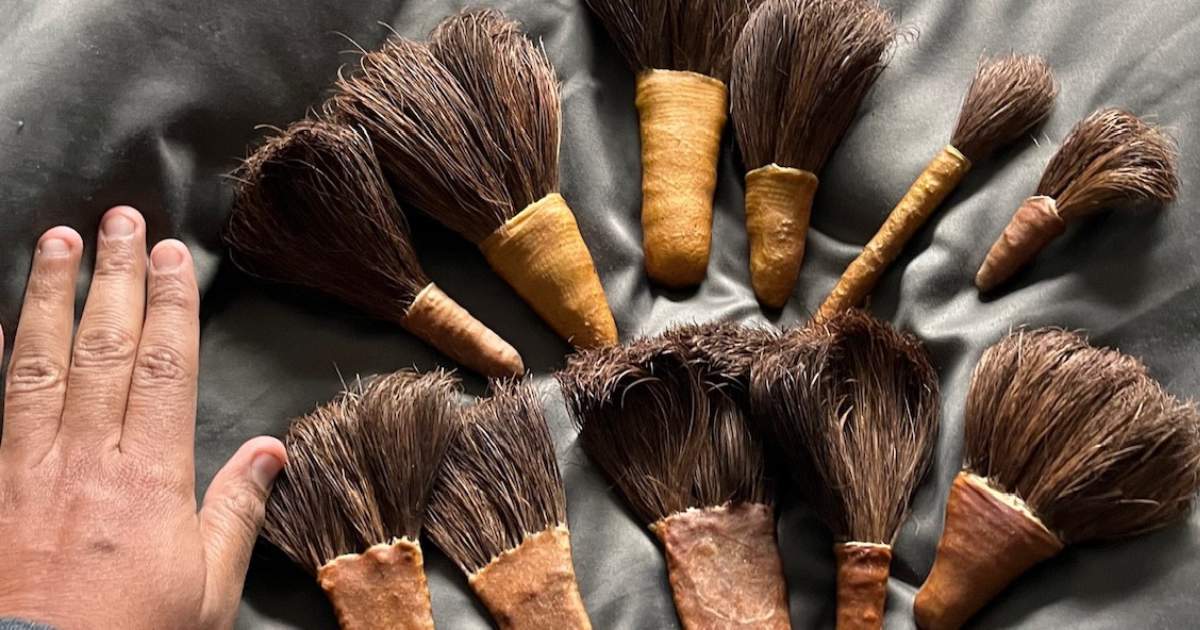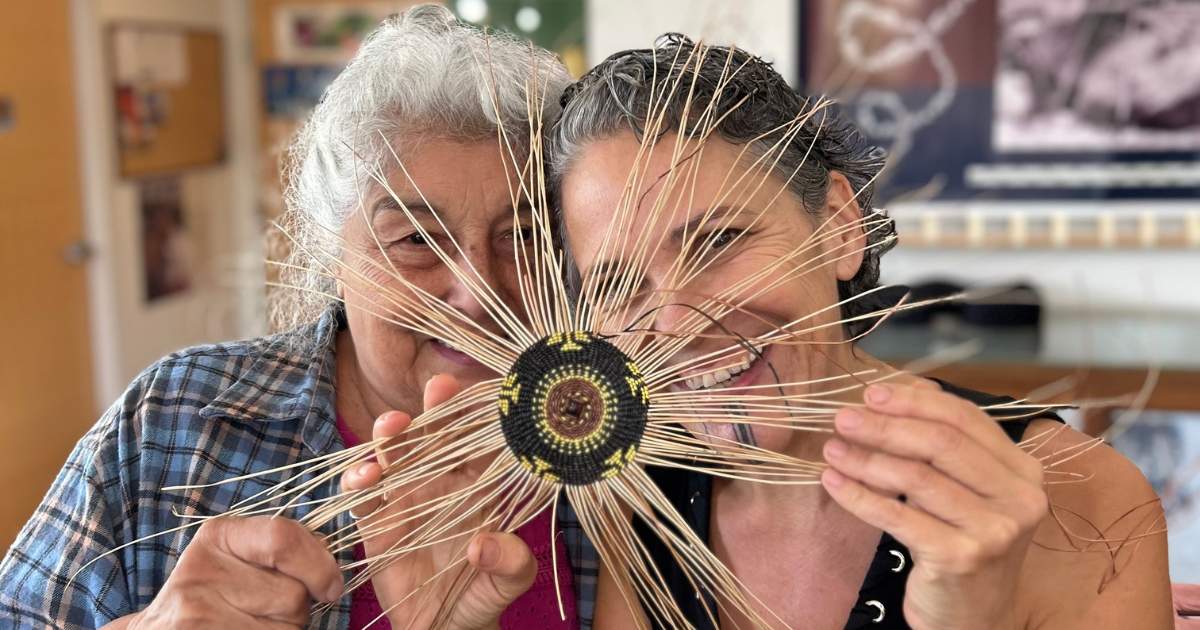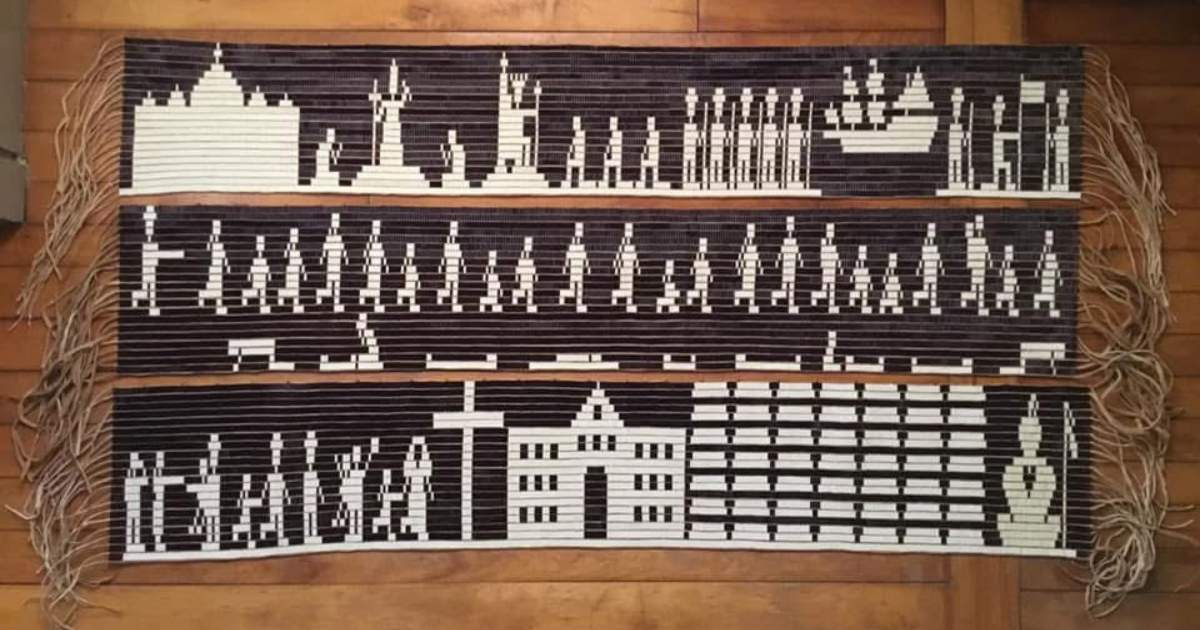
Five Questions with Bud Lane III
Tribe (if applicable): Confederate Tribes of Siletz Indians
Location: Siletz, Oregon
Job Title: Language and Tradition Arts Instructor for the Confederated Tribes of Siletz
Bud Lane III (Confederate Tribes of Siletz Indians) was first introduced to First Peoples Fund in 2009 when he was honored with the Jennifer Easton Community Spirit Award. Now, he returns to the organization as a member of the board of directors.
Lane is no stranger to leadership roles in Indian Country. He was elected to the Northwest Native American Basket Weavers Association's board of directors in 2005, and is currently serving as the board's president. He has been a featured weaver many times at the association's annual gathering. Here, Lane shares how he hopes his work, life and experiences will contribute to First Peoples Fund in the years ahead.
1) What do you do today, and how do you think it will help you in your work on the First Peoples Fund board?
I am a language and tradition arts instructor for the Confederate Tribes of Siletz Indians. I have been involved in work with tribes before I was a language teacher. I served on tribal councils, first elected in 1984. I was young—26 at the time, and have been on the council now since 2004. With the basket weavers association, we are trying to make sure young people learn, and that is a slice of what First Peoples Fund does. I look forward to bringing these experiences to our work together.
2) How has that work shaped the way you understand the issues facing tribes?
I understand a lot of issues from a political standpoint, and from being a father and grandfather... the importance of the language, tradition and arts and how we need to perpetuate them and make sure they remain intact for generations to come.
3) What are you looking forward to most in serving on the board?
I am on a bit of a learning curve right now. I have been to one board meeting. First Peoples Fund, through their processes, has furthered the arts in big ways, and in smaller ones as well. Most artists struggle. First Peoples Fund has been successful in putting artists forward and that is so important. First Peoples Fund greases the skids and makes it helpful and easier for people to practice traditional arts and make a living at it.
4) How has being a language and traditional arts teacher given you insight to the challenges facing Native artists today as they work to pass the traditions on to the younger generations?
I have seen the things that have affected tribes—the history of lumping tribes together, boarding schools, and societal exclusion. It wasn't cool to speak the language for so long. That's changed a little bit, and I hope that will continue to grow in the years and decades ahead.
5) What has Native art, language and cultural preservation looked like in Siletz?
We are working to bring that back, partly by helping young people to understand the cultural and personal significance to them and make them want to learn. That's hard. In Siletz, in the last 25 years, we've really been able to turn those things around. We've experienced a renaissance of traditional arts and traditions, but we've got to work at it all the time.


































































































